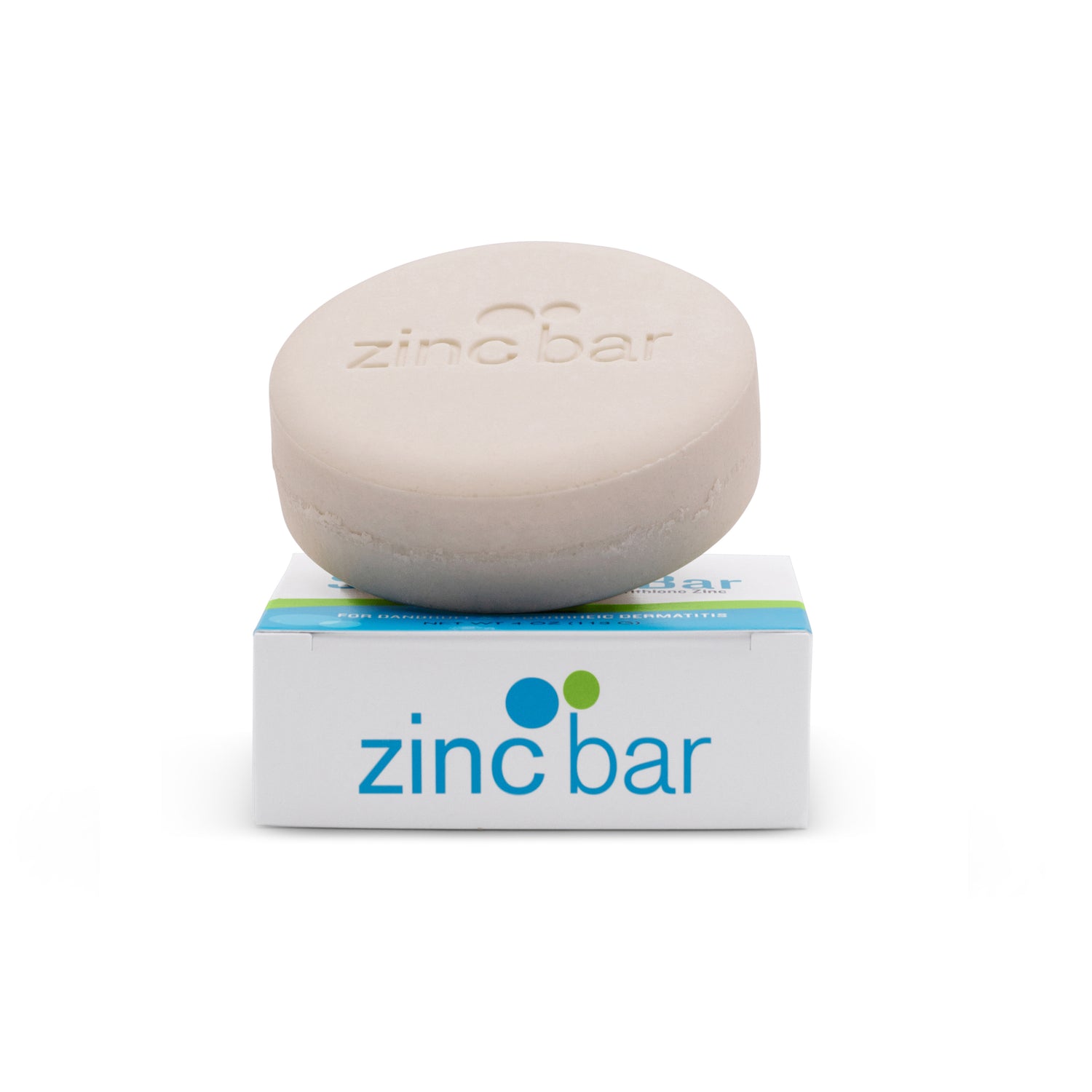Lactobacillus acidophilus
Lactobacillus acidophilus is one of many friendly bacteria that metabolize and consume sugars and produce lactic acid in the gut. It is one of several bacteria in the Lactobacillus genus. It takes its name from lacto-, meaning milk, and -bacillus, meaning rod-like in shape. Lactobacillus acidophilus is found naturally in some fermented dairy products. Research indicates that L. acidophilus can provide improved gastrointestinal function, a more robust immune system, and a decrease in the frequency of vaginal yeast infections.
When Lactobacillus acidophilus is consumed in adequate numbers, it populates the intestinal tract and can enhance the state of health of the intestines and vagina. The breakdown of nutrients in the gut by L. acidophilus produces lactic acid, hydrogen peroxide, and other by-products that make the gastrointestinal environment hostile for undesired organisms. L. acidophilus also tends to consume the nutrients many other microorganisms depend on, thus outnumbering and killing off possibly harmful bacteria in the digestive tract. Patients are often instructed to take an L. acidophilus treatment in order to recolonize the gastrointestinal tract after taking antibiotics.
Eli Metchnikoff is regarded as the first known probiotic researcher. He concluded in 1908 that the long lifespan of residents of the Balkan Islands was due to the ingestion of large quantities of the lactobacilli group through fermented foods that inhibit pathogens and detoxify the system. A healthy intestine is one which maintains a balance between bacteria of various competing groups such as clostridia, coliform, lactobacilli, streptococci and bacteroides.
Nebraska Cultures is dedicated to cultivating and distributing Dr. Khem Shahani's DDS-1 strain of Lactobacillus acidophilus to America's largest supplement manufacturers and suppliers.
The health benefits of Lactobacillus acidophilus
- Helps digest carbohydrates, proteins and fats through the production of enzymes and B vitamins.
- Helps lactose-intolerant individuals digest milk and milk-based products via production of the enzyme lactase.
- Helps to produce folic acid, which is essential for the production and maintenance of new cells, particularly vital to normal fetal development.
- Produces natural antibiotic-like substances which help to suppress pathogenic bacteria in the gastrointestinal tract.
- Reduces the incidence of dysentery, diarrhea, bad breath, cholera and dermatological problems.
- Assists in the metabolism of calcium—thus helping to prevent osteoporosis.
- Inhibits cancerous cell multiplication.
- Reduces cholesterol accumulation in the arteries.
- Enhances the immune system.

